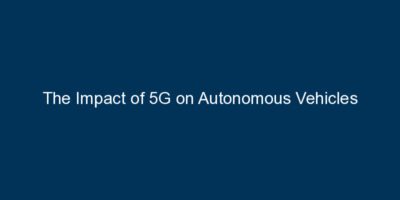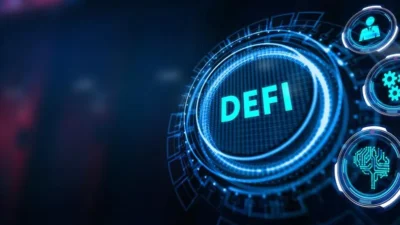In the realm of cutting-edge technology, the fusion of quantum computing and machine learning is opening doors to unparalleled possibilities. This blog delves into the emerging field of Quantum Machine Learning (QML), exploring its potential, challenges, and the transformative future it promises.
Introduction to Quantum Machine Learning
The Quantum Advantage
Quantum computing harnesses the principles of quantum mechanics to perform complex calculations at speeds unattainable by classical computers. When integrated with machine learning, Quantum Machine Learning has the potential to solve problems that were previously deemed intractable, thanks to its ability to process vast amounts of data simultaneously.
Quantum Bits (Qubits) and Superposition
Classical computers use bits, representing 0s or 1s, for information processing. Quantum computers leverage qubits, which can exist in a state of superposition—simultaneously representing both 0 and 1. This inherent parallelism enhances their computational power.
I. Quantum Machine Learning Algorithms
Quantum Support Vector Machines (QSVM)
QSVM is a quantum algorithm designed for classification tasks. By leveraging quantum parallelism, it aims to outperform classical Support Vector Machines in terms of efficiency and speed, particularly for large datasets.
Quantum Neural Networks
Quantum Neural Networks explore the synergy between quantum computing and neural networks. These networks utilize qubits for parallel processing, potentially enhancing the training and inference capabilities of neural network models.
II. Quantum Speedup in Machine Learning Tasks
Optimization and Sampling
Quantum computers exhibit a quantum speedup in optimization problems, crucial for various machine learning tasks. Quantum algorithms, such as the Quantum Approximate Optimization Algorithm (QAOA), offer potential advantages in solving combinatorial optimization problems.
Quantum Enhanced Feature Space
Quantum computers can also enhance feature space in machine learning. By utilizing quantum algorithms for data representation, the computational efficiency of certain tasks, such as clustering and classification, can be significantly improved.
III. Overcoming Challenges in Quantum Machine Learning
Quantum Error Correction
One of the major challenges in quantum computing is addressing errors caused by decoherence and environmental factors. Quantum Error Correction techniques are being developed to mitigate these errors and enhance the reliability of quantum computations.
Hardware Limitations
The current state of quantum hardware presents limitations in terms of qubit coherence times and gate fidelities. Ongoing research focuses on developing more robust quantum processors to overcome these hardware constraints.
IV. Quantum Machine Learning Applications
Drug Discovery and Material Science
Quantum machine learning holds immense promise in accelerating drug discovery and material science. Quantum algorithms can efficiently simulate molecular interactions, leading to the discovery of new drugs and materials with unprecedented speed.
Financial Modeling and Optimization
In the financial sector, quantum machine learning can revolutionize tasks such as portfolio optimization and risk management. Quantum algorithms offer the potential to handle complex financial models and scenarios more efficiently than classical counterparts.
V. The Future Landscape of Quantum Machine Learning
Advancements in Quantum Hardware
As quantum hardware continues to evolve, with companies investing in quantum processors and improved qubit technologies, the future holds the promise of more powerful and reliable quantum computers. This, in turn, will propel the capabilities of Quantum Machine Learning.
Integration with Classical Systems
The integration of quantum machine learning with classical systems is expected to play a crucial role in the future. Hybrid quantum-classical algorithms and systems will likely emerge as a practical approach for solving real-world problems, leveraging the strengths of both paradigms.
Conclusion
The intersection of quantum computing and machine learning heralds a transformative era in the tech landscape. Quantum Machine Learning, with its potential to revolutionize algorithms, simulations, and problem-solving, represents a frontier of innovation. While challenges like quantum error correction and hardware limitations persist, ongoing research and technological advancements are paving the way for a future where quantum machine learning becomes an integral part of solving complex problems across various domains.



















Comments